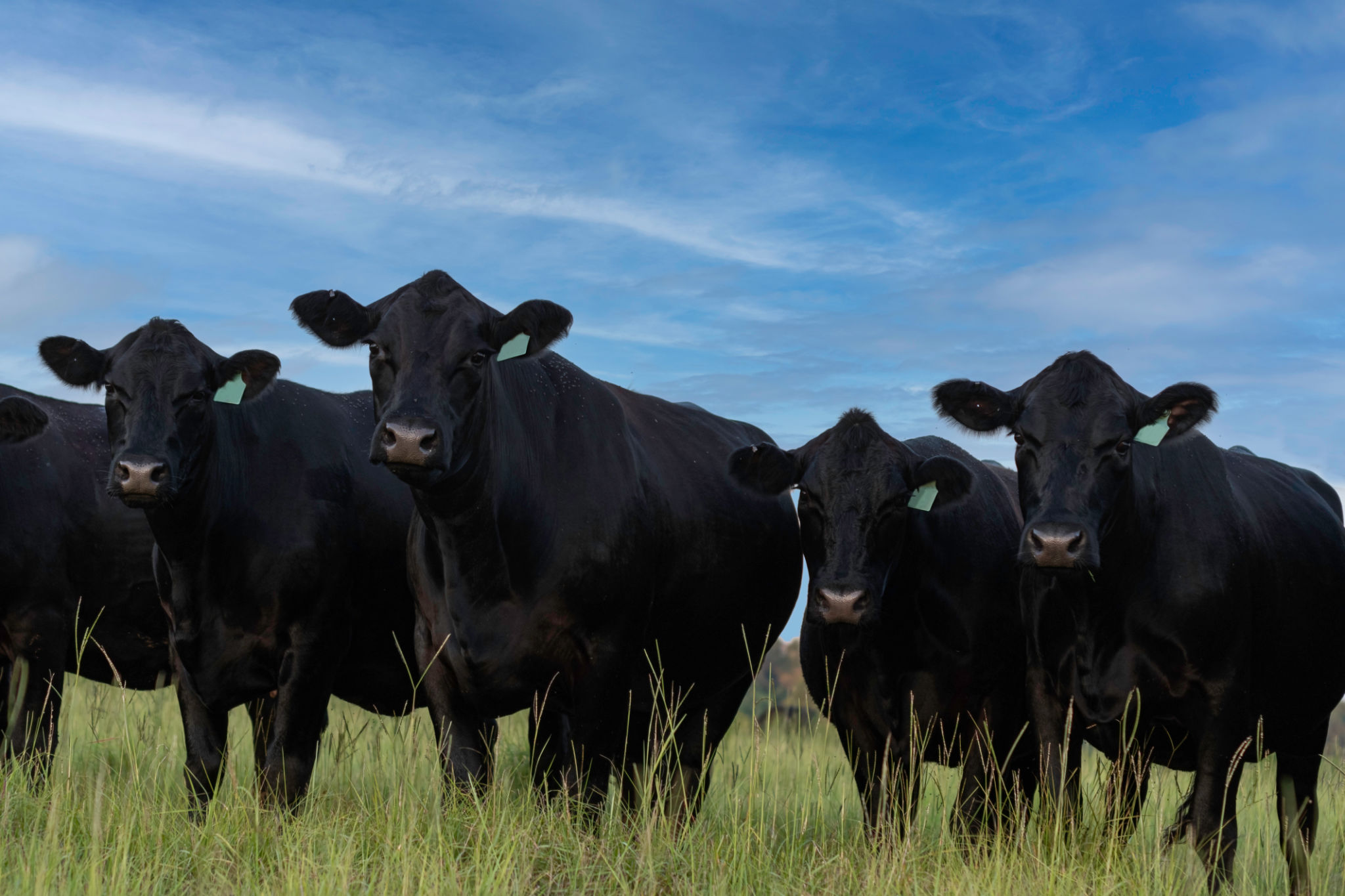Seasonal Care for Mini Highland Cattle: Preparing for Winter and Beyond
Understanding the Needs of Mini Highland Cattle
Mini Highland cattle are a unique and charming breed known for their resilience and adaptability. However, as winter approaches, these hardy animals require special attention to ensure their health and well-being. Proper seasonal care is essential to help them thrive in the colder months and beyond.

Providing Adequate Shelter
One of the most important aspects of preparing your mini Highland cattle for winter is ensuring they have access to adequate shelter. A well-constructed barn or a weatherproof shed can provide the necessary protection from harsh winds, heavy snowfall, and freezing temperatures. The shelter should be well-ventilated to prevent moisture buildup while maintaining warmth.
Nutrition and Hydration
During the winter months, your mini Highland cattle will require a diet that provides sufficient energy to maintain their body heat. High-quality hay should form the basis of their diet, supplemented with grains or cattle feed as needed. Ensure that water sources are not frozen and are easily accessible, as proper hydration is crucial even in colder weather.

Maintaining Health and Hygiene
Regular health checks are vital during the winter season. Monitor your cattle for signs of illness or discomfort, such as coughing or limping. Vaccinations and deworming should be up-to-date to prevent common diseases. Additionally, regular grooming helps to maintain their thick coats and prevent matting.
Safe Pasture Management
While mini Highland cattle are well-suited for outdoor living, it's important to manage pasture conditions carefully. Snow-covered or icy pastures can pose a risk of injury. Ensure that pathways are clear and provide supplemental feeding areas to prevent overgrazing in limited spaces.

Emergency Preparedness
Winter storms and extreme weather conditions can lead to emergencies. It's essential to have a plan in place for such situations. Keep extra supplies of feed, bedding, and water on hand. Having contact information for a veterinarian who is familiar with your herd can be invaluable in case of an emergency.
Looking Ahead to Spring
As winter transitions into spring, it's important to gradually adjust your care routine. Slowly introduce your mini Highland cattle to fresh pasture and monitor their health as they adapt to changing conditions. Continuing with regular health checks and adapting their diet will ensure a smooth transition into warmer weather.

By taking these proactive steps, you can ensure that your mini Highland cattle remain healthy and happy throughout the winter months and beyond. Proper seasonal care not only supports their physical well-being but also contributes to their overall happiness and productivity.